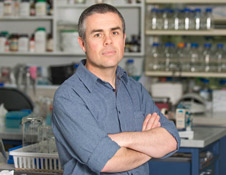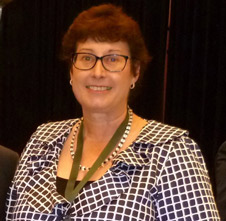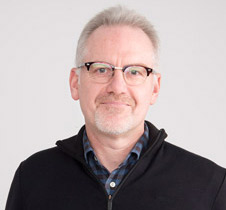Tuesday 10 July 2018 3:20pm
Three University of Otago, Christchurch, staff members have been recognised for their global work with appointments and awards from key groups relating to cancer, tissue banking, and immunisation.

Dr Logan Walker.
Dr Logan Walker
Dr Logan Walker is a geneticist specialising in breast and ovarian cancer and a member of the Christchurch campus’ Mackenzie Cancer Research Group.
Dr Walker has recently been appointed as the leader of an international working group for the Evidence-Based Network for the Interpretation of Germline Mutant Alleles (ENIGMA).
ENIGMA is an international authority in genetic health relating to breast and ovarian cancer and has members, who are scientists and clinicians, from more than 40 countries.
In the leadership role, Dr Walker will focus on co-ordinating ENIGMA’s studies on gene mutations to determine their clinical significance for breast and ovarian cancer patients and their doctors.

Helen Morrin.
Helen Morrin
Helen Morrin is the curator of the Cancer Society Tissue Bank at the University of Otago, Christchurch.
The bank contains tissue and blood samples from more than 11,000 patients, and is used in numerous research studies on the disease.
Morrin has curated the tissue bank for more than 18 years and is the Vice Chair of an international Science Policy Committee focused on emerging global policies and regulations that affect biobanking and human specimen research.
This committee is part of the International Society for the Biological and Environmental Repositories (ISBER) with representation from 43 countries.
ISBER recently presented Morrin with its Special Service Award for members who have demonstrated exceptional leadership to further the mission and goals of the society and significant, long-standing contributions to the society.

Professor David Murdoch.
Professor David Murdoch
Professor David Murdoch, is the Dean of the University of Otago, Christchurch, and an internationally-recognised infectious diseases expert.
He was recently appointment to the newly-established International Council on Adult Immunisation.
The council comprises 12 global experts and advocates for older adults and immunisation, and is charged with providing technical expertise and leadership to advance the agenda of adult immunisation globally.
